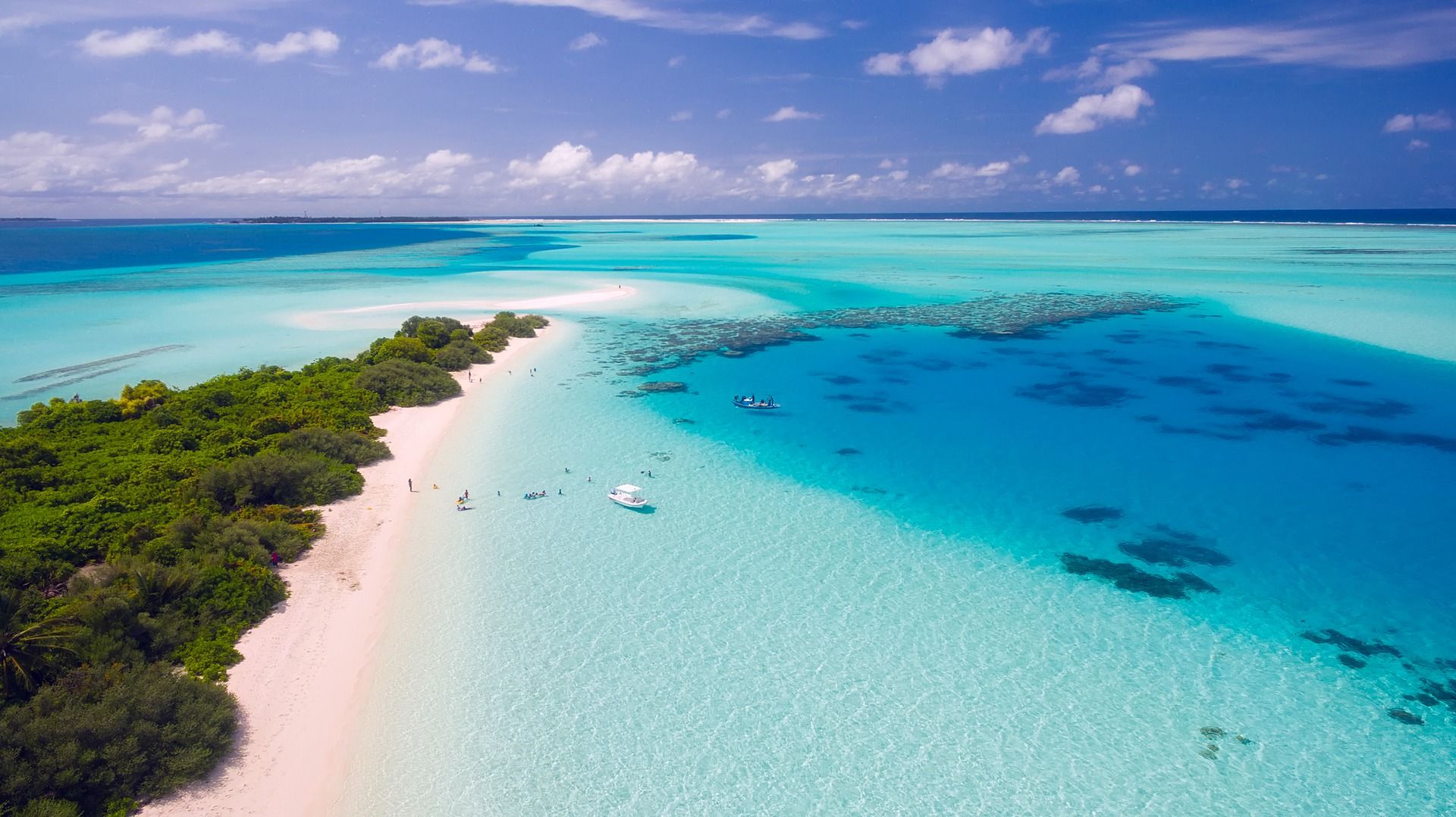OECS discuss Ocean Governance and Policy
Eastern Caribbean Regional Ocean Policy being fine-tuned
Representatives from Anguilla, Antigua & Barbuda, British Virgin Islands, Dominica, Grenada, Montserrat, St. Kitts & Nevis, Saint Lucia, and St. Vincent and the Grenadines, participated in the Sixth Meeting of the OECS Ocean Governance Team (OGT 6), held at the OECS Commission, Saint Lucia, February 13 – 17, 2017. Representatives of the United Kingdom (UK) Hydrographic Office (UKHO), UK National Oceanographic Centre (NOC), the World Bank Group, Commonwealth Secretariat, and the Caribbean Regional Fisheries Mechanism also participated in the Meeting, which focused on strengthening ocean governance frameworks and identification of strategic partnerships to support blue growth, and transition to a blue economy in OECS Member States.
Participants engaged in strengthening coordinating mechanisms for ocean governance through the preparation of a Revised Terms of Reference for the Ocean Governance Team, and draft documents to support the establishment and strengthening of national ocean governance through an inter-sectoral coordinating mechanism.
The Meeting reviewed the status of implementation of the Eastern Caribbean Regional Ocean Policy (ECROP) and its 3-Year Strategic Action Plan, inclusive of the OECS Fisheries Management and Development Strategy and Implementation Plan. Participants agreed on the process for the revision of ECROP to include 'new’ OECS regional policy, goals and priorities. April 30th 2017 was agreed as the date for completion of the OECS Hydrographic Scoping Study, which involves finalizing of a regional OECS Hydrographic Report, nine (9) National Hydrographic Reports, and preparation of a Project Proposal to seek donor support to implement the recommendations in the reports.
Participants were apprised of plans for the Caribbean Regional Oceanscape Project (CROP) to leverage funds for a broader comprehensive set of activities to support economic and social transformation throughout the OECS and the wider Caribbean. They contributed to the feasibility assessments for development of comprehensive Marine Spatial Plans (MSP) under Component 1 of CROP, to be executed by the OECS Commission.
Participants also identified areas for collaboration among existing programmes and projects, including the ECROP, CROP, the Ocean and Natural Resources Advisory Division of the Commonwealth Secretariat, the United Kingdom Commonwealth Marine Economies Programme (CMEP) and the Caribbean Large Marine Plus Ecosystem (CLME+) Project. Funding support for the Meeting was provided through the CLME+ project and CMEP. The UNDP/GEF CLME+ Project is a 5-year project (2015-2020) being implemented by the United Nations Development Programme (UNDP) and co-financed by the Global Environment Facility (GEF). CMEP is a UK Government funded programme to support development of the marine economies in small island developing states. CROP is funded by the Global Environmental Facility (GEF) and is being executed by the World Bank and the OECS Commission.
A follow-up meeting to help Caribbean countries unlock the full economic potential of the seas, took place at Commonwealth Headquarters, Malborough House, London, from February 21 – 22, 2017. The conference of international stakeholders, organised by the Commonwealth Secretariat and the World Bank, brought together the OECS Commission along with partners and donors from the UK. The Caribbean Regional Oceanscape Project (CROP) is being developed by the World Bank in conjunction with the OECS, and the Commonwealth Secretariat. It is set to support five countries: Grenada, St. Kitts & Nevis, Saint Lucia, St. Vincent and the Grenadines, and Dominica.
Dr. Pawan Patil, Senior Economist at the World Bank, says his organisation (the World Bank) and the Commonwealth Secretariat "recognise the need and interest of countries to derive sustainable economic value from their ocean space.” Dr. Patil is of the view that “the blue economy is a frontier for sustainable development for the future.”








